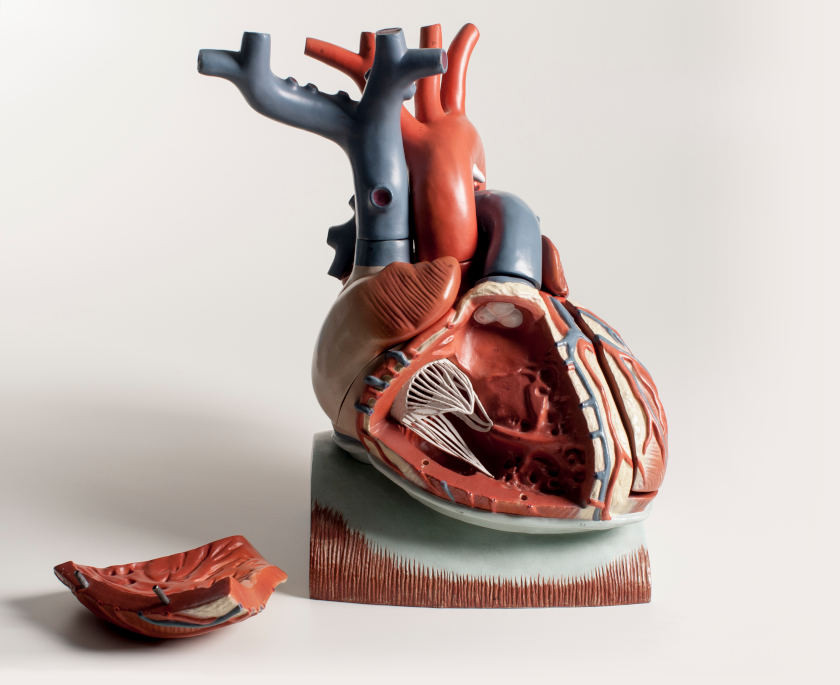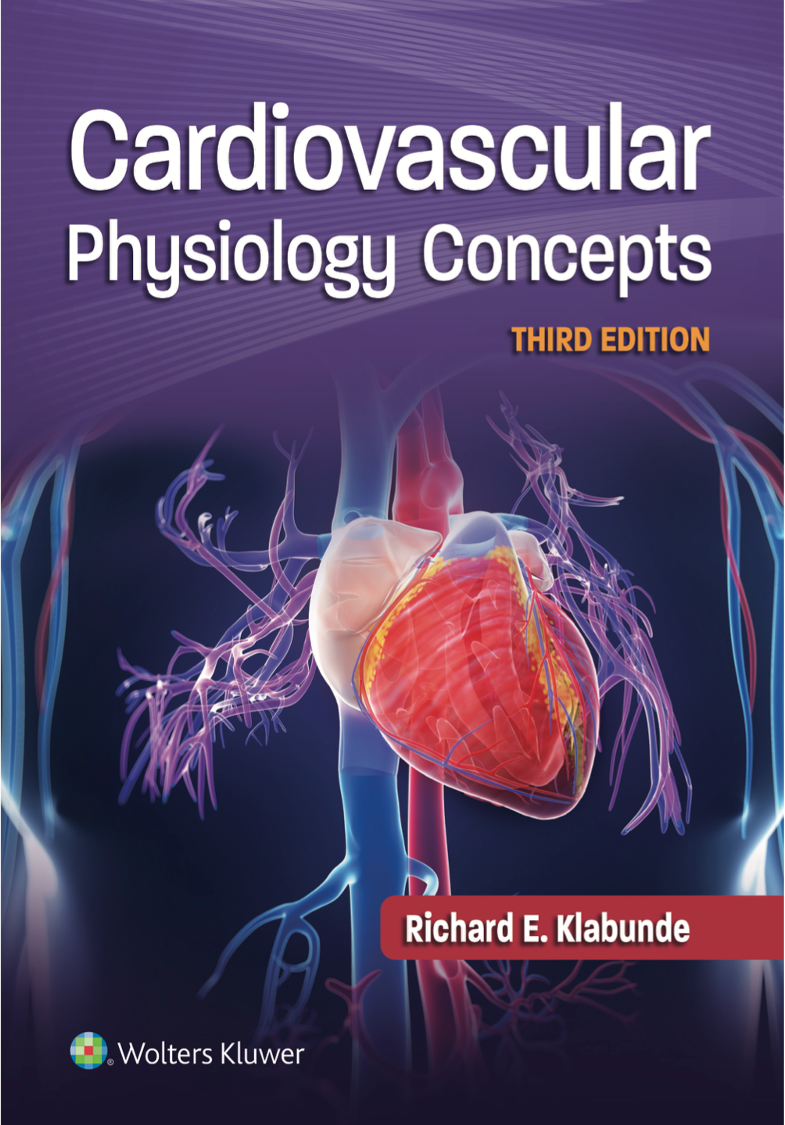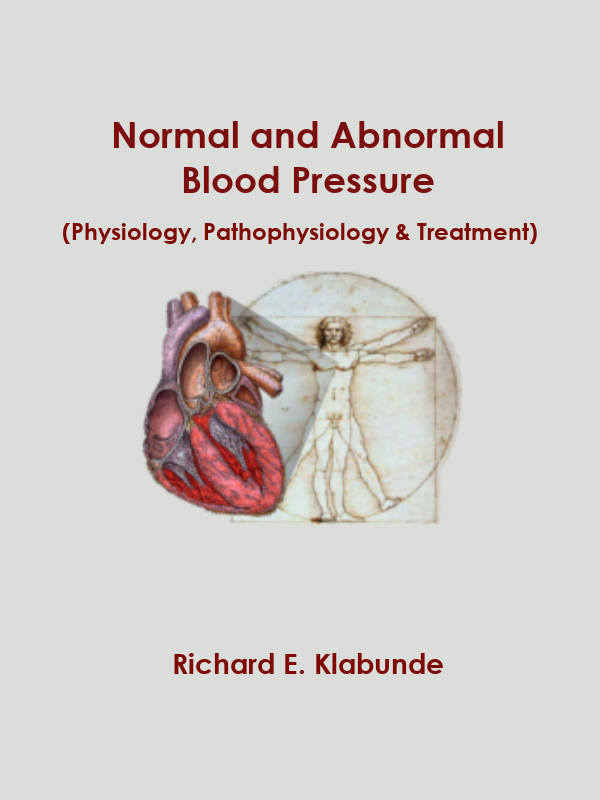Guided Learning: Blood Flow Regulation
The guided learning questions provide a systematic approach to learning by using a sequence that is like how this topic would unfold in a traditional textbook. The student is encouraged to go not only to the initial link associated with each tutorial question, but also to use embedded hyperlinks to expand upon the physiological concepts associated with the question.
Linked Quiz Questions
At the end of the guided learning questions, there is a link to an external website (testmoz.com) that has multiple choice and true/false questions that are associated with this subject. When the quiz results are given to the user after taking the quiz, links are provided back to specific cvphysiology.com pages to assist learning. Users will need to register (free) on the testmoz.com site to access the quiz questions for the tutorial. No personal information is available to cvphysiology.com apart from the user provided login name and analysis of user performance on the quiz questions. This feedback is used to improve cvphysiology.com content and quiz questions.
Guided Learning
- Which types of vessels are most important for regulating blood flow within an organ and tissue?
- What intrinsic and extrinsic factors determine vascular tone and, therefore, organ blood flow?
- What cellular mechanisms determine vascular smooth muscle contraction and relaxation?
- What G-protein and non-G-protein signal transduction pathways are important in regulating vascular smooth muscle contraction and relaxation?
- What tissue metabolites function as vasodilator substances?
- How do changes in oxygen supply, oxygen demand, and the oxygen supply/demand ratio affect the production of metabolic vasodilators?
- How are myogenic mechanisms involved in blood flow regulation?
- What is the role of endothelial-derived substances in regulating blood flow?
- What stimulates the formation of nitric oxide, and what are its vascular effects?
- Define each of the following phenomena and describe their underlying mechanisms.
- What autonomic nerves innervate blood vessels, and what are the effects of their activation on blood flow?
- How do mechanical forces impact blood flow in the heart?
Link to Quiz Questions: https://testmoz.com/2479843
Revised 10/06/2023

 Cardiovascular Physiology Concepts, 3rd edition textbook, Published by Wolters Kluwer (2021)
Cardiovascular Physiology Concepts, 3rd edition textbook, Published by Wolters Kluwer (2021) Normal and Abnormal Blood Pressure, published by Richard E. Klabunde (2013)
Normal and Abnormal Blood Pressure, published by Richard E. Klabunde (2013)